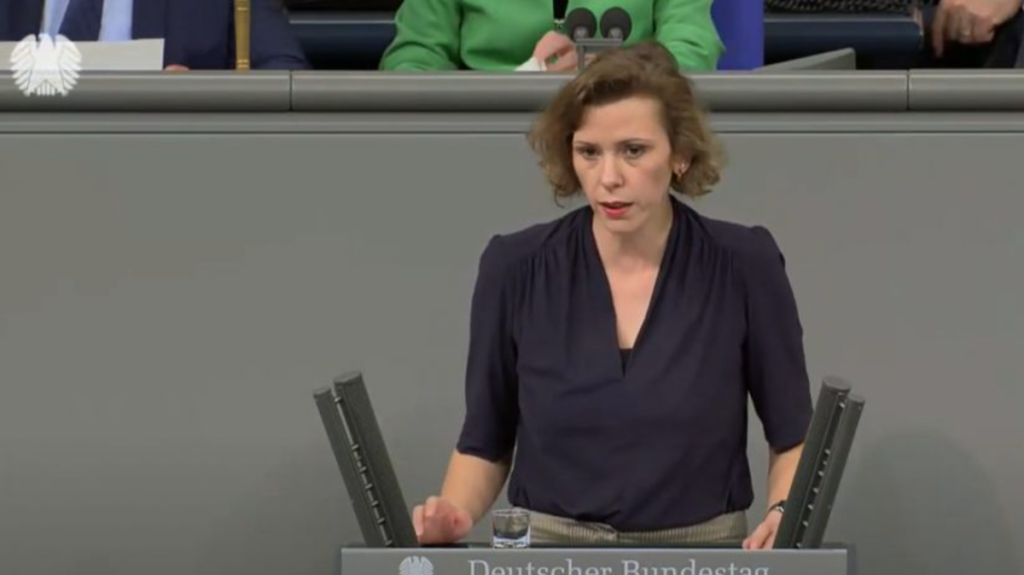
The Bundestag resolution on Georgia.
The German Bundestag adopted a resolution titled “For Georgia’s European Future,” which states that the current authoritarian and anti-European course of the Georgian government jeopardizes the country’s Euro-integration.
The resolution mentions that the law on “Transparency of Foreign Influence” (the so-called “foreign agent” law) cannot facilitate Georgia’s accession to the European Union. The Bundestag insists that as long as this law remains in effect, there will be no progress in Georgia’s EU accession process.
According to the Bundestag, maintaining the power of the founder of the ruling party “Georgian Dream,” Bidzina Ivanishvili, is being prioritized over Georgia’s European future and democratic stability. The leadership of “Georgian Dream” is attempting to “behave increasingly authoritatively” and is fostering an atmosphere of fear in society.
The Bundestag urges the German federal government to “closely monitor the situation in Georgia to identify possible facts that could serve as grounds for imposing targeted sanctions.”
The draft resolution was developed by the Social Democratic Party of Germany, Alliance 90/The Greens, and the Free Democratic Party. The opposition parties—the Christian Democratic Union, the far-right Alternative for Germany, and the far-left Sarah Wagenknecht Alliance—voted against it. The Left Party abstained.
Aniko Glogowski-Merten, a member of the Free Democratic Party, stated during the Bundestag session that Ivanishvili’s actions, particularly the persecution of the opposition, seem very dangerous to her.
“Dear Georgians! We see you. Stay strong. Go to the polls and vote against the puppet regime of Russian oligarchs; vote for freedom,” Glogowski-Merten urged the people of Georgia.

In turn, another MP, Michael Roth, stated that “Georgian Dream has turned into a Georgian nightmare: the party is making wrong decisions that are incompatible with European values.”
On October 10, the foreign ministers of the Weimar Triangle member states [Germany, France, Poland] issued a joint statement urging the Georgian government to change its approach and political course, as cooperation between the European Union and Georgia is at risk. The statement also emphasized the importance of holding free and fair parliamentary elections.
On October 9, the European Parliament adopted a resolution on Georgia, calling on the democratic partners of the European Council and the European Union to impose immediate personal sanctions on Bidzina Ivanishvili “for his role in deteriorating the political process in the country.”
4o

